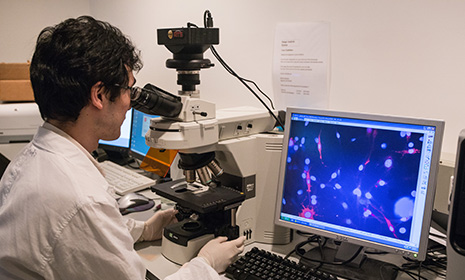Division of Behavioural Sciences
The Behavioural Sciences division integrates population behavioural sciences, medicine, and public health to address questions related to (1) understanding political-economic, social, and psychological factors that influence health behaviour, (2) decomposing individual-system interactions that influence prevention, response, adaption and coping strategies in both acute and chronic conditions, and (3) identifying ways to support patients to participate in their care. Our current research focuses in the following areas:
- Health risk perception, behaviour, and communications:
- Risk perception behaviour and communications relative to air pollution, infectious disease, cancer and CHD prevention, food policy, tobacco and alcohol consumption
- Environmentally hazardous behaviours contributing to communicable and non-communicable diseases, in particular newly-emergent and established respiratory infectious diseases and climate-change related health threats and responses
- Psycho-oncology:
- Optimization of psychological adjustment in neoplastic disease, focusing on the role of cognitive-emotional factors and health professional-patient communication
- Interventions to assist patient decision making
- Survivorship including coping with fear of cancer recurrence
- Cross-cultural comparisons of supportive care needs
- Improving patients responses to potential and actual cancer symptoms
- Interventions to manage cancer-related complications
- Quality of life and symptom burden:
- Disentangling depression, pain, fatigue and insomnia
- fMRI studies of cognitive activity
- Coping with chronic pain
- Coping with residual symptoms resulting from cancer treatments
- Supportive care needs for patients with heart failure and patients with diabetes








.png)
